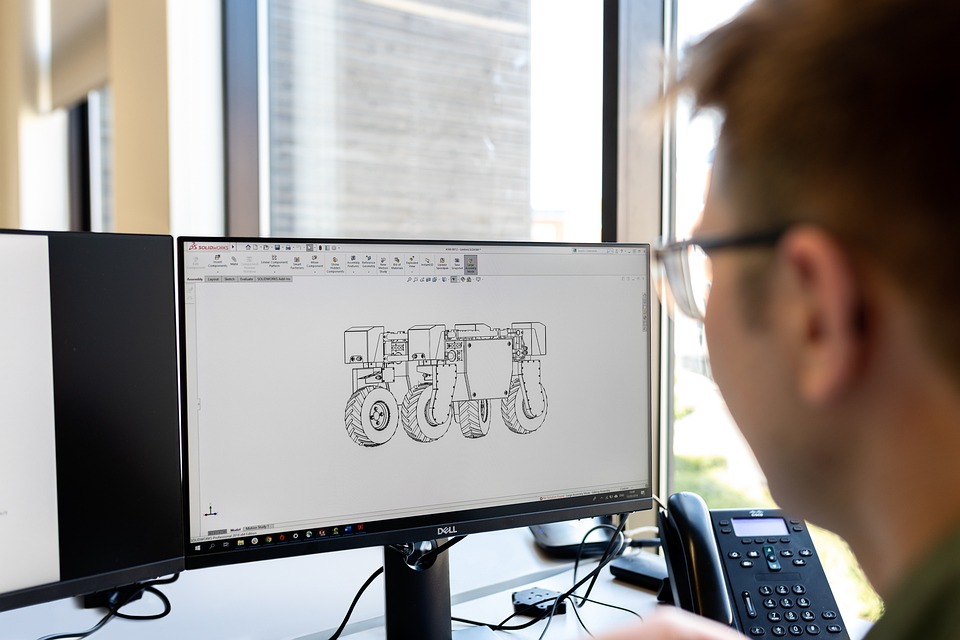Essential Software Engineer Interview Guide: Tips and Strategies for Success
Navigating the labyrinthine world of software engineer interviews can feel daunting, yet with the right strategies in your toolkit, you can emerge victorious. Here’s a guide packed with insights to sharpen your preparation and boost your confidence.
1. Understanding the Landscape
Before you step into the interview room, it’s crucial to understand the landscape. Software engineering interviews typically consist of several key components: technical questions, coding challenges, behavioural assessments, and sometimes system design discussions. Each segment serves a distinct purpose, aiming to evaluate not only your technical prowess but also your problem-solving skills and cultural fit within a team.
2. Mastering Technical Proficiency
Technical questions can vary significantly depending on the company and the role. Familiarise yourself with common programming languages and frameworks relevant to the position. Websites like LeetCode and HackerRank offer a plethora of coding problems that can help you hone your skills. Practice is paramount; strive to solve problems using different techniques and algorithms, ensuring you can articulate your thought process clearly.
3. The Art of Problem-Solving
When faced with a coding challenge, focus on breaking the problem down into manageable parts. Start by clarifying the requirements and constraints. Consider discussing your approach with your interviewer—this not only demonstrates your analytical skills but also invites feedback, which can lead to a more fruitful discussion. Remember, it’s as much about how you approach the problem as it is about finding the right solution.
4. Behavioural Insights
Technical skills will only take you so far; behavioural interviews delve into your past experiences and how they shape your work ethic. Prepare for questions that explore your teamwork, conflict resolution, and adaptability. Use the STAR method (Situation, Task, Action, Result) to structure your responses, ensuring that you provide clear and concise examples that highlight your strengths and learning moments.
5. System Design: The Bigger Picture
For more senior roles, system design interviews become paramount. Here, you’ll need to demonstrate your ability to architect scalable and efficient systems. Familiarise yourself with fundamental concepts such as microservices, databases, and API design. Practice sketching out systems on a whiteboard, explaining your rationale as you go. This exercise not only showcases your technical knowledge but also your communication skills, which are vital in collaborative environments.
6. The Importance of Company Research
Knowledge about the company can significantly enhance your interview performance. Understand their products, culture, and recent developments. Tailor your responses to align with the company’s values and mission. This demonstrates genuine interest and can set you apart from other candidates.
7. Post-Interview Etiquette
After the interview, don’t underestimate the power of a thoughtful follow-up email. Express gratitude for the opportunity, reiterate your enthusiasm for the role, and reflect briefly on a topic discussed during the interview. This small gesture can leave a lasting impression and reinforce your commitment to the position.
Navigating software engineering interviews may seem overwhelming, but with preparation and the right mindset, success is within grasp. By honing your technical skills, mastering problem-solving techniques, and understanding the nuances of behavioural assessments, you will position yourself as a formidable candidate.
As you embark on this journey, remember that CVPortal continuously offers a variety of high-quality CV templates and resources to assist you in crafting a standout application. Equip yourself with the tools you need, and step into your next interview with confidence.


